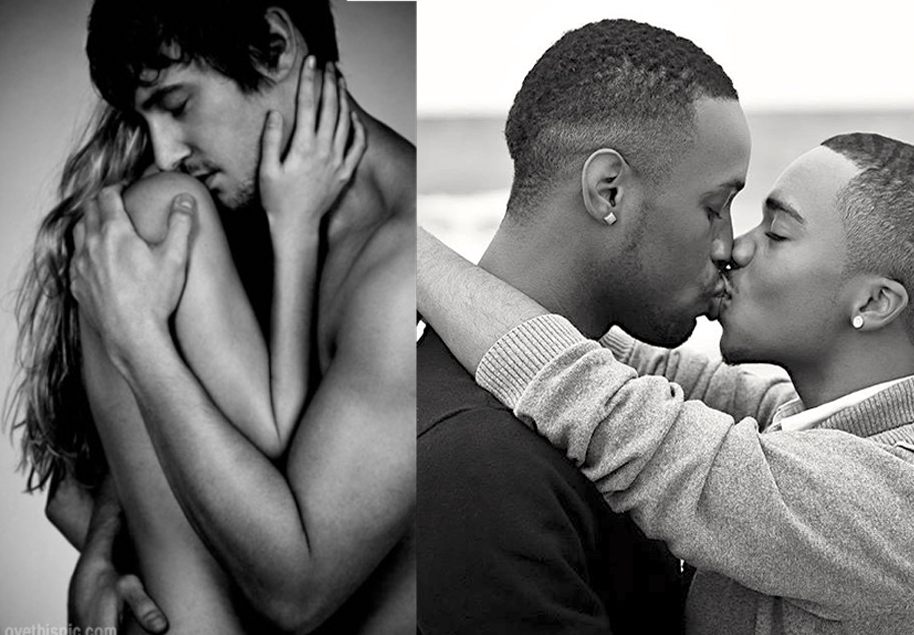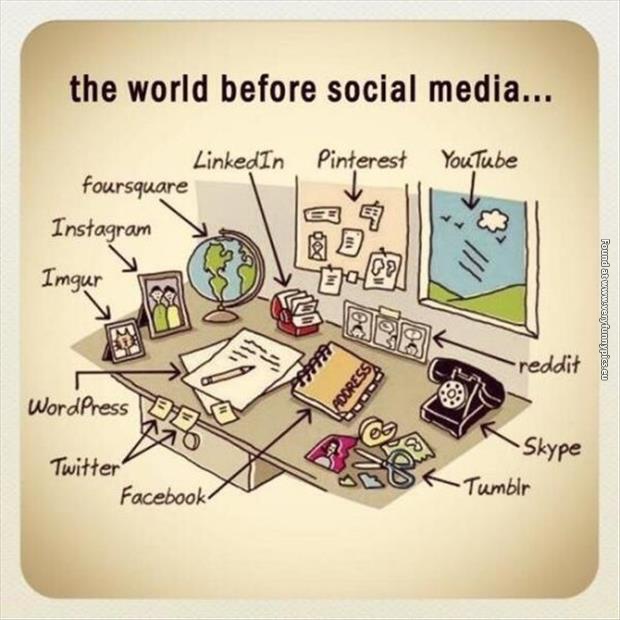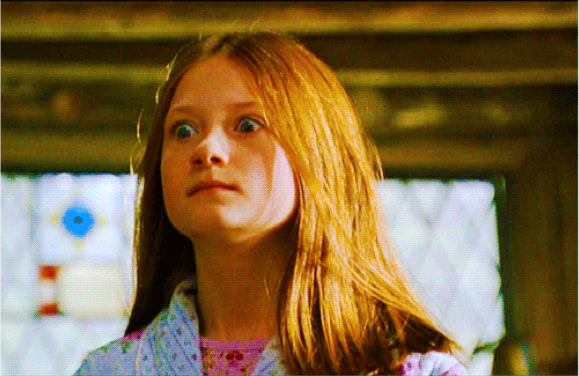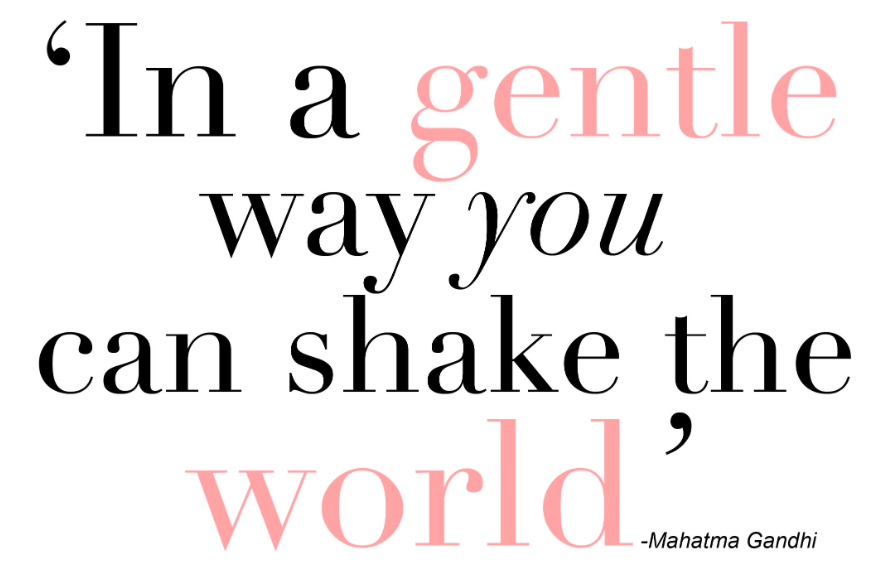
SOCIAL ANXIETY AND SMALL TALK: THE NUTS AND BOLTS OF MAKING CONVERSATION
“I’m bad at meeting people.”
“I’m socially inept.”
“People dislike chatting with me.”
“I’m a boring conversationalist.”
“Others can see that I’m anxious which they’ll think is weird, or will make them uncomfortable.”
“I’m an introvert. I shouldn’t be expected to mingle. Chit chat is for extroverts!”
“I hate small talk!”
These are common hot thoughts… Continue reading











